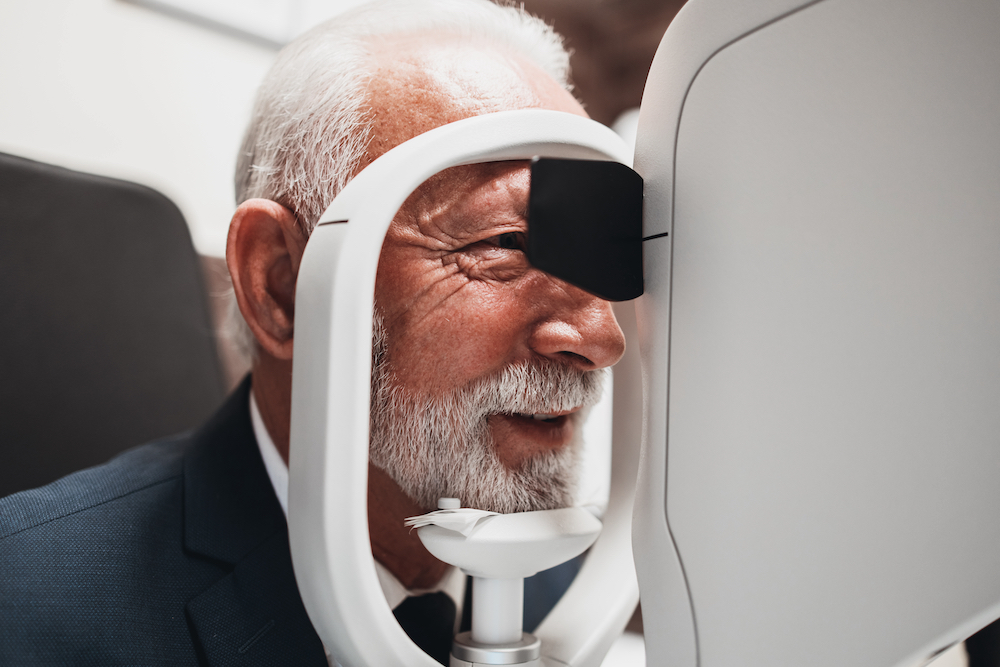
The American Academy of Ophthalmology defines medical eye care as a means to deliver health care for the eyes. This could mean performing treatments, procedures, and therapies on eye structures. Applying medications is part of this type of care. Knowing more about medical eye care can help you prepare for your next appointment. Here are the details.
What Medical Eye Care Is
Medical eye care plays a crucial role in both maintaining and restoring optimal eye health. In addition to these primary objectives, a skilled eye doctor can effectively evaluate the certify the overall health status of your eyes. Medical eye care encompasses the essential tasks of providing accurate diagnoses, prognoses, and equipping patients with effective coping strategies when facing certain eye diseases. This also includes the compassionate management of patients with diverse attitudes and conditions, ensuring comprehensive care for all individuals.
The Significance of Medical Eye Care
Vision is one of the most vital senses. Studies show that the majority of what your brain learns comes from what you see. Protecting your eyes and treating them for any conditions can lower your risk of blindness. They can also prevent the early onset of diseases such as glaucoma and cataracts.
The WHO sees medical eye care as a form of primary health care. Medical eye care focuses on eye diseases and injuries with the goal of restoring eye function and helping you continue with your daily activities.
Preventive Maintenance
Seeing your eye doctor for regular eye checks is a form of preventive maintenance for your eyes and body. Medical eye care allows the viewing of your blood vessels in their natural condition without any need for surgery. Your eye doctor can see the blood supply to your eyes. This can help determine if you have any vision issues or underlying health conditions. Below are some of the diseases that your eye doctor can spot:
Cataracts
High cholesterol
Different blood diseases
Glaucoma
Diabetes
High blood pressure
Macular degeneration
Brain tumors
Treatments
Medical eye care encompasses a wide range of treatments aimed at addressing various eye diseases and conditions. For instance, conditions like glaucoma, a progressive optic nerve disorder that can lead to vision loss, are managed by medications, laser therapy, or surgery to reduce intraocular pressure and preserve vision. Macular degeneration, a leading cause of vision loss among older adults, can be treated with anti-VEGF injections, photodynamic therapy, or laser surgery to slow down the progression of the disease and preserve central vision. Other treatments in the realm of medical eye care include cataract surgery, corneal transplants, retinal detachment repair, and refractive surgeries like LASIK to correct vision impairments. Each treatment is tailored to the specific eye condition, providing personalized care to patients and striving to improve or maintain their visual health and quality of life.
When to Seek Urgent Medical Eye Care
Regular eye checks can help maintain your healthy eyes, but you may experience some symptoms that will need immediate medical care. Knowing what they are can help you seek the right treatment at the right time. Here are the symptoms that need an appointment with your eye doctor:
Styes
Eye pain
Puffiness or swelling
Redness
Welder’s burn
Contact lens irritation
Eye injury
Discharge
Remember that any of these issues must receive proper medical eye care as soon as possible. Waiting for a long time before treating the symptoms may worsen them and result in more damage or even vision loss.
Knowing the value of medical eye care can help you work better with your eye doctor. At DaVinci Eye Care, we help our patients achieve the highest level of eye health. Please visit our clinic in Warminster, Pennsylvania, for an in-person consultation. Call 215-608-4799 to schedule an appointment or ask about our medical eye care packages.







